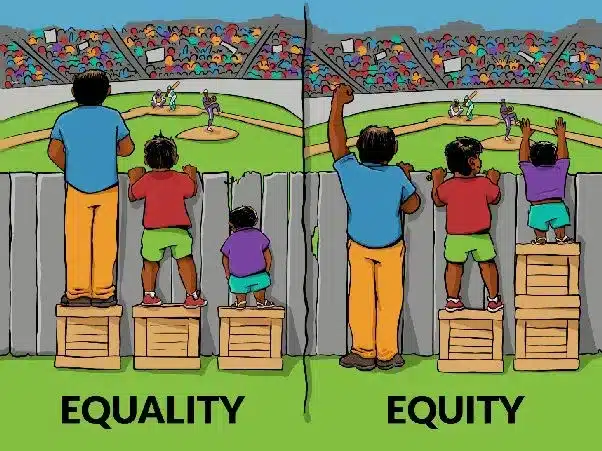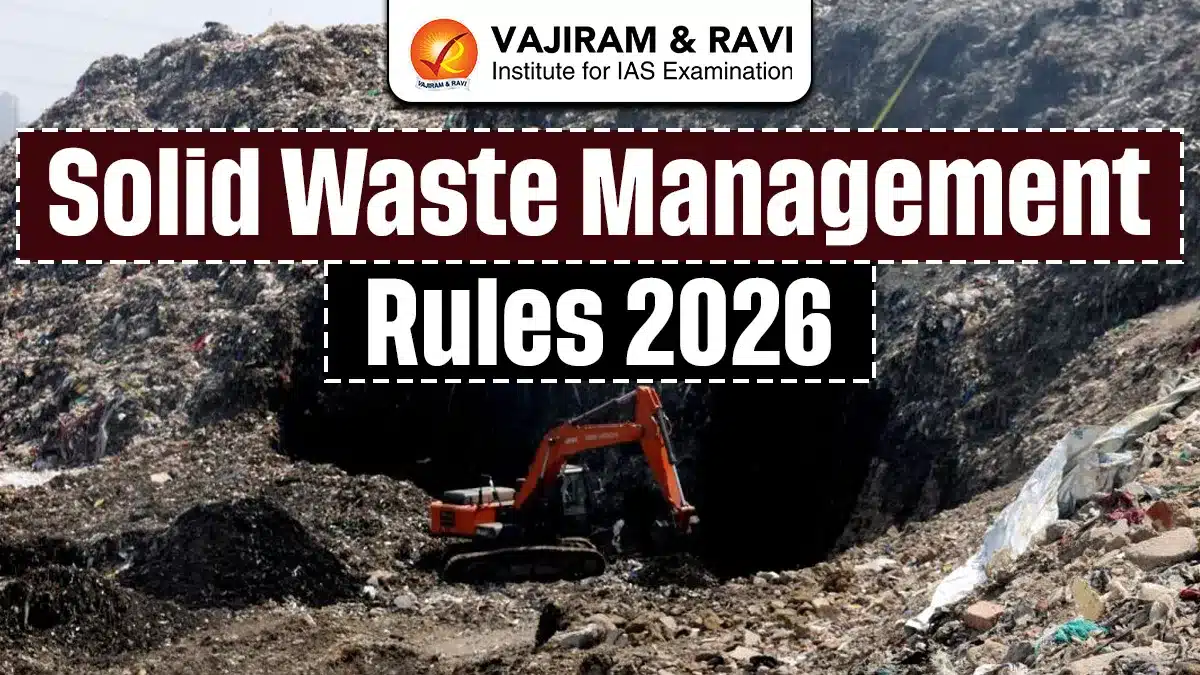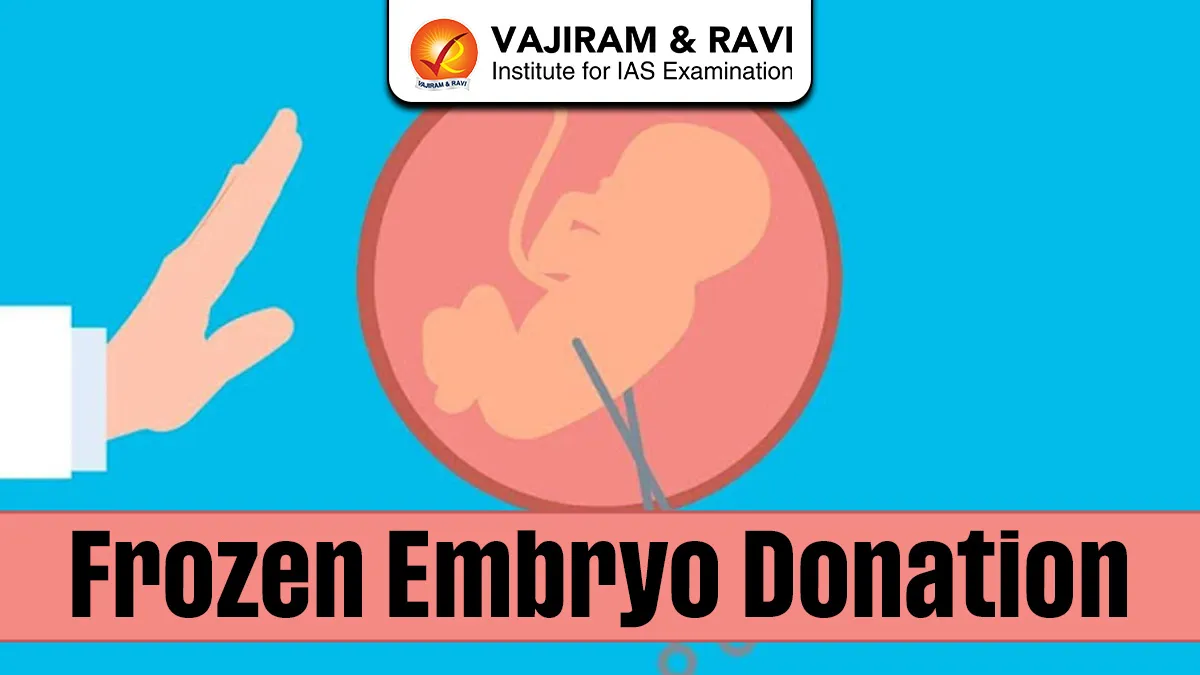What’s in today’s article?
- Why in News?
- A History of the SC’s Past Interpretations on Affirmative Action
- What is the Chinnaiah Judgment (2005)?
- SC’s Verdict in the State of Punjab v. Davinder Singh Case (2024)
Why in News?
- Giving states the power to sub-classify Scheduled Castes (SCs) and Scheduled Tribes (STs) for reservation in jobs and education, the Supreme Court said the move would provide “substantive equality of opportunity for the backward classes”.
- A 7-judge bench (in a 6:1 order) overruled a 2005 five-judge bench verdict in the E.V. Chinnaiah case that outlawed the Andhra Pradesh government’s notification to sub-categorise SC/STs in the state.
A History of the SC’s Past Interpretations on Affirmative Action:
- Formalistic reading – Reservations as an exception to the principle of equal opportunity:
- In the State of Madras v. Champakam Dorairajan (1951), it was held that reservation of seats in educational institutions was unconstitutional.
- There was no express provision that allowed this, like Article 16(4) of the Constitution did for public employment.
- This led to Parliament enacting the first amendment to the Constitution in 1951, which inserted Article 15(4).
- Article 15(4) (which is essentially an exception to Article 29) enables the State to make special provisions for the advancement of any socially and educationally backward classes of citizens or for the SCs and the STs.
- In Indra Sawhney v. Union of India (1992) (Mandal judgment), the court observed that Articles 15(4) and 16(4) are special provisions or an exception to the principle of equality.
- In the State of Madras v. Champakam Dorairajan (1951), it was held that reservation of seats in educational institutions was unconstitutional.
- Substantive reading of the equality code:
- In M R Balaji v State of Mysore (1962), the court for the first time prescribed a 50% ceiling for reservation. With the exception of the 10% EWS quota, this limit is disputed but has persisted.
- In State of Kerala v. N M Thomas (1975), the SC upheld a Kerala law in which the qualifying criteria for government jobs was relaxed for SC and ST candidates.
- Limiting efficiency:
- Article 335 of the Constitution, which provides for reservation for SCs and STs in services and posts, states that the reservation must be taken consistently with the maintenance of efficiency of administration.
- In the 1992 Indra Sawhney judgment, the SC held that reservations in promotions would dilute efficiency in administration.
What is the Chinnaiah Judgment (2005)?
- The Supreme Court had observed that SCs form a class by themselves and any further classification would violate the doctrine of reasonableness, amount to “discrimination in reverse”, and would run contrary to Article 14 (right to equality).
- Because the Indra Sawhney case (1992) clearly stated that it was ruling exclusively on the sub-classification of OBCs, the apex court decided that the principle of sub-classification of OBCs in that case will not apply to SCs.
- Since SC/STs are notified by the President, the top court had said that the objective of the notification was to afford special protection to SCs as a homogeneous group.
- In 2020, a reference made by a 3-judge bench to a larger bench held that it was not convinced by the Chinnaiah decision.
- This 3-judge bench was hearing an appeal arising from the Punjab and Haryana HC, which quashed a Punjab legislation, which reserved 50% vacancies for Valmikis and Mazhabi Sikhs (within a quota of 25% for SCs).
SC’s Verdict in the State of Punjab v. Davinder Singh Case (2024):
- Underlining substantive equality
- The Chief Justice of India (CJI) underlined the concept of substantive equality – the principle that the law must account for the different backgrounds and historical injustices faced by persons or groups.
- Declaring SC/STs to be a heterogeneous group, the majority verdict said its sub-categorisation is a constitutional requirement to secure substantive equality.
- The State can employ a range of means (including subclassification within the SCs) under the Constitution to secure substantive equality, provided it does not lead to the exclusion of one of the categories in the class.
- This is to expand the sphere and the scope of the reservation and to ensure that the benefits trickle down to those who need it the most.
- Reframed the quota-versus-efficiency question:
- The CJI has argued that securing higher marks in an examination does not contribute to higher efficiency.
- The stereotype that reservation leads to inefficiency in fact makes promotions inaccessible to SC/ST candidates.
Q.1 What is the Economically Weaker Sections (EWS) reservation system?
The Indian Parliament through the 103rd Constitution Amendment Act 2019 provided reservation for EWS among the general category candidates. A 10% reservation for EWS will be in higher education and government jobs.
Q.2. What is the Rohini Commission?
The Rohini Commission was instituted in 2017 (by the President of India, mandated under Article 340 of the Indian Constitution) to ensure a more equitable distribution of reservation benefits among the Other Backward Classes (OBCs) in India.
Source: ‘Substantive equality of opportunity’ — why Supreme Court empowered states to sub-classify SCs & STs | IE
Last updated on February, 2026
→ Check out the latest UPSC Syllabus 2026 here.
→ Join Vajiram & Ravi’s Interview Guidance Programme for expert help to crack your final UPSC stage.
→ UPSC Mains Result 2025 is now out.
→ UPSC Notification 2026 for CSE & IFS is expected to be released today on the official website at upsc.gov.in.
→ UPSC Calendar 2026 has been released.
→ UPSC Prelims 2026 will be conducted on 24th May, 2026 & UPSC Mains 2026 will be conducted on 21st August 2026.
→ The UPSC Selection Process is of 3 stages-Prelims, Mains and Interview.
→ Prepare effectively with Vajiram & Ravi’s UPSC Prelims Test Series 2026 featuring full-length mock tests, detailed solutions, and performance analysis.
→ Enroll in Vajiram & Ravi’s UPSC Mains Test Series 2026 for structured answer writing practice, expert evaluation, and exam-oriented feedback.
→ Join Vajiram & Ravi’s Best UPSC Mentorship Program for personalized guidance, strategy planning, and one-to-one support from experienced mentors.
→ UPSC Result 2024 is released with latest UPSC Marksheet 2024. Check Now!
→ UPSC Toppers List 2024 is released now. Shakti Dubey is UPSC AIR 1 2024 Topper.
→ Also check Best UPSC Coaching in India

















